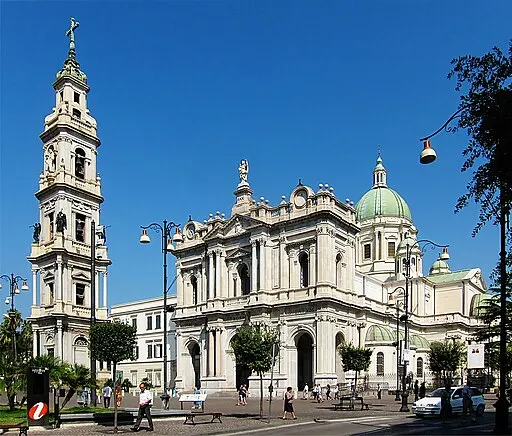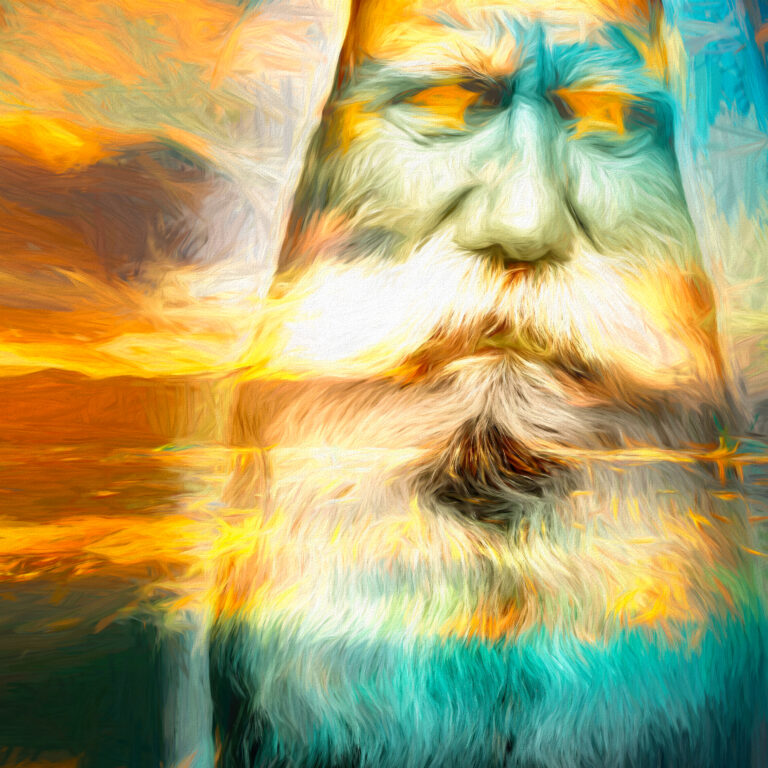
Image Maura Harrison’s An Illustrated Comedy, Inferno Canto 1. In the middle of the journey of our life,
November’s the month of the dead
“I continue to think that we start from very different places on the question of death itself, what it is and what, if anything comes after it…I have trouble getting myself to the point where I believe that anything happens to the individual after death. I can’t get beyond, once you are dead you are dead and that is the end of it.”
This was Jeff’s reply to my renewed emphatic urging that he just ask Jesus if he’s real….just speak the words.
Over the last couple of decades, my friend-since-childhood Jeff and I have had countless online conversations about God. And all related topics like faith, religion and what Jeff terms his “secular humanism.” Of late, he’s had a few serious medical events and so I’ve asked him to risk a conversation with Jesus—said with a bit more detail.
Jeff and I grew up together. We were in the same classes from kindergarten through high school and even the same confirmation class at our parents’ church, St. John’s Episcopal church in Sharon, Massachusetts.
Within four years, I was an atheist. Sometime during his year in Viet Nam, college or graduate school, Jeff decided he was a secular humanist. Our lives diverged for years. But then, we reconnected because of a textbook I’d published. One that my very proud Dad showed his father. Ever since, we have corresponded fairly consistently.
Frequently, our virtual conversations plunged into areas most people avoid: religion and politics. My conversion—more accurately, my deep dive- into Catholicism has caused extensive discussion between us over the years. Jeff was honestly curious. How and why did an intellectual atheist end up as a Catholic zealot? My phrasing, not Jeff’s.
Jeff’s reply to my pleas takes care of the problems of purgatory and hell quite neatly—if there’s nothing after death, then,
“Let us eat and drink,
for tomorrow we die.”
That was the last of the in-depth conversations Jeff and I had; his cognitive problems preclude reading and online discussions. I trust that Karl Rahner’s definition of the “anonymous Christian,” along with my prayers, will care for the soul that Jeff doesn’t think he has.
November’s the month of the dead-why should we care?
Why should we care?
Well, if you agree with Jeff, there’s no reason to. It’s actually a waste of time. One which our friend St. Paul makes clear.
“But if it is preached that Christ has been raised from the dead, how can some of you say that there is no resurrection of the dead? If there is no resurrection of the dead, then not even Christ has been raised. And if Christ has not been raised, our preaching is useless and so is your faith. More than that, we are then found to be false witnesses about God, …And if Christ has not been raised, your faith is futile; you are still in your sins. Then those also who have fallen asleep in Christ are lost. If only for this life we have hope in Christ, we are of all people most to be pitied…But Christ has indeed been raised from the dead, the firstfruits of those who have fallen asleep…”
For centuries, the fact that we humans are both body and soul was truth. No longer.
“Science” has “finally” explained the soul: neurophysiology. Our minds create our universe.
Until Jeff and I entered into this last conversation, I had no clue that the existence of the human soul is being debunked by “science.” But in a climate where murdering ourselves and our babies are “rights” and “healthcare” while a former ‘Catholic’ president insists that mutilating kids is legitimate and moral, we can’t be surprised.
We know the origin of stunningly stupid claims like “our minds create the universe.” And of these purely evil laws, which use a phrase like “abortion sanctuary” as if that’s even possible. And of euthanasia of the mentally ill.
These people—politicians and government officials —have no idea what they are doing or just whom they serve.
Yesterday and today were
All Saints Day and All Souls Day, respectively. November’s the month of the dead. Yesterday, we celebrated our friends in heaven. One of the newest saints is a former satanist priest, Bartolo Longo. Brought up Catholic, he left his faith as a young man to join the satanists, mocking his former Catholic faith. Miraculously, (Hope from Ashes) he returned to the faith and became a Catholic priest. He spent his life building Pompeii’s Shrine to the Virgin Mary.

Today, we celebrate those in purgatory. The concept of purgatory makes us stumble, individually and collectively. To the point that more than a few Catholics and Christians claim there’s just one destination for faithful souls: heaven. And hell? Well, “surely a loving God wouldn’t create and damn anyone to hell.” Hold that thought.
Although All Saints Day is considered uniquely Roman Catholic, a little research reveals that John Wesley-founder of the Methodist Church loved All Saints Day.
And purgatory?
For first-century Jews, purgatory was axiomatic. And was based on the Torah, specifically the Book of Maccabees: “If he [Judas] had not hoped that they that were slain should have risen again it had been superfluous and vain to pray for the (dead. . . . Whereupon he made an atonement that they might be delivered from sin”; for this indicates that souls after death pass through an intermediate state in which they may by some intercession be saved from doom.”
Our Catholic catechism is clear. Purgatory’s not a matter of opinion, but fact: “All who die in God’s grace and friendship but still imperfectly purified, are indeed assured of their eternal salvation; but after death they undergo purification so as to attain the holiness necessary to enter the joy of heaven. The Church gives the name “Purgatory” to this final purification of the elect, which is entirely different from the punishment of the damned.
(Catechism 1030-1031).
And what about hell?
Does it exist?
Logically, a belief in heaven necessitates a corresponding belief in hell. But that is apparently not the case. A 2015 Pew Research study of 35,000 people found 72% of Americans believe there is a heaven, but less than 58% believe in hell. For increasing numbers of us believers, the notion of hell-even of purgatory- does not conform to their notion of a loving God. Despite our weekly recitation of the Apostle’s Creed.
Curious, isn’t it?
And from our secular friends?
Theologians and philosophers talk about “the problem of evil,” and the hygienic phrase itself bespeaks a certain distance from extreme suffering, the view from a life inside the charmed circle. They mean the classic difficulty of how we justify the existence of suffering and iniquity with belief in a God who created us, who loves us, and who providentially manages the world. The term for this justification is “theodicy,” which nowadays seems a very old-fashioned exercise in turning around and around the stripped screw of theological scholastics.
New York Times columnist Russ Douthat’s explanation of our disbelief in hell is warrants a repeat:
“But the more important factor in hell’s eclipse, perhaps, is a peculiar paradox of modernity. As our lives have grown longer and more comfortable, our sense of outrage at human suffering — its scope, and its apparent randomness — has grown sharper as well. The argument that a good deity couldn’t have made a world so rife with cruelty is a staple of atheist polemic, and every natural disaster inspires a round of soul-searching over how to reconcile God’s omnipotence with human anguish.”
Maura Harrison’s arresting image
vividly portrays the dark knarled wood of Dante’s first words in the Divine Comedy [note the Aslan-type creature at the bottom of her image, recalling Revelation’s “Do not weep, the Lion of the tribe of Judah, the Root of David has won the right by his victory to open the scroll with the seven seals“]
Midway upon the journey of our life
I found myself within a forest dark,
For the straightforward pathway had been lost.Ah me! how hard a thing it is to say
What was this forest savage, rough, and stern,
Which in the very thought renews the fear.So bitter is it, death is little more;
But of the good to treat, which there I found,
Speak will I of the other things I saw there.I cannot well repeat how there I entered,
So full was I of slumber at the moment
In which I had abandoned the true way.But after I had reached a mountain’s foot,
At that point where the valley terminated,
Which had with consternation pierced my heart,
The Divine Comedy is not an easy read. I’ve lost count of the times I’ve tried. But after flunking Maura Harrison’s challenge on Day 20 of 100 Days of Dante, I discovered Hillsdale College’s Dr. Stephen Smith’s course. His passion for the Divine Comedy, love for the pilgrim Dante Alighieri, and his irresistible delight in explaining precisely why this is indeed a masterpiece, ensnared me for the entirety of his ten-lecture series.
Each one of his talks was better than its predecessor. I finally grasp the brilliance of this 1700-year-old masterpiece.

mage Maura Harrison’s An Illustrated Comedy, Purgatory Canto 1
.”…and so the rays of these holy stars did so adorn his countenance with light,
that him I saw as were the sun before him….